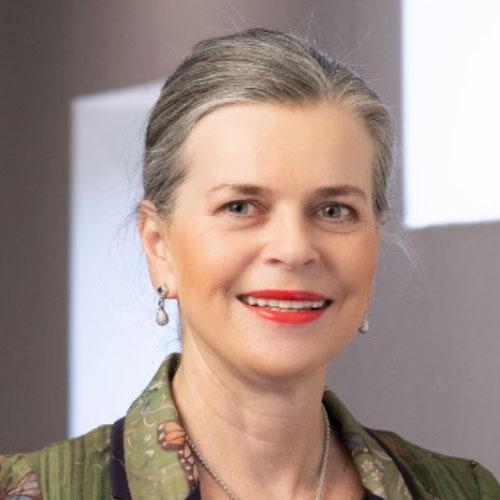Antoinette Lombard is Professor Emeritus of Social Work at the University of Pretoria. She began her social work career working in communities, and this grounding in community work and development has continued to shape her teaching and research throughout her long academic career, including 21 years as Head of the Department of Social Work and Criminology. She contributed to social work education through various transformation iterations of the professional council and board during South Africa’s national transformation process towards an anti-discriminatory and inclusive social welfare policy. As the current President of the International Association for Schools of Social Work (IASSW), she is committed to promoting social work as a global and locally relevant partner in contributing to a more just, equitable, and sustainable world. Her research focuses on developmental social work, sustainable development, environmental social work, social work education, and child participation. She is a member of the Academy of Science of South Africa (ASSAF), a rated researcher at the National Research Foundation, and a 2023 fellow of the Stellenbosch Institute for Advanced Study.
From crisis to cohesion: Building resilient communities for an inclusive and sustainable future
Abstract
Across the globe, communities are grappling with the compounding crisis of climate change, biodiversity loss, and pollution—threats that deepen inequality and destabilise societies. These environmental and societal disruptions often erode hope, fuel exclusion, and intensify conflict, particularly among vulnerable and marginalised populations. In this context, building cohesive and resilient communities is not just a necessity—it is a cornerstone for achieving inclusive, equitable, and sustainable futures. Resilient communities thrive when grounded in strong social networks, a shared sense of purpose, and inclusive decision-making processes that empower those most affected. The conference theme calls us to action: to co-create and invest in community-led solutions that respond effectively to global environmental challenges while honouring local contexts. At the heart of this transformation lies the recognition of our interdependence with the planet, and the need to operate within both planetary and social boundaries. These boundaries offer a powerful framework for sustainability—one that aligns ecological stewardship with social justice. This keynote will explore how cohesive and resilient communities can challenge exclusion, rebalance power, and become the agents for achieving the Sustainable Development Goals (SDGs). The journey from crisis to cohesion begins with a collective commitment—to each other, and to the planet we call home.
